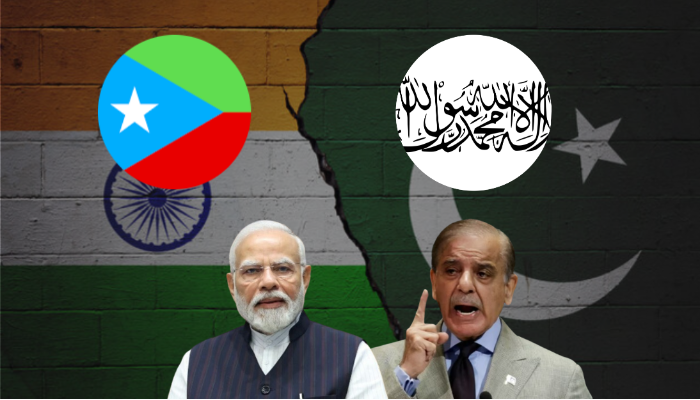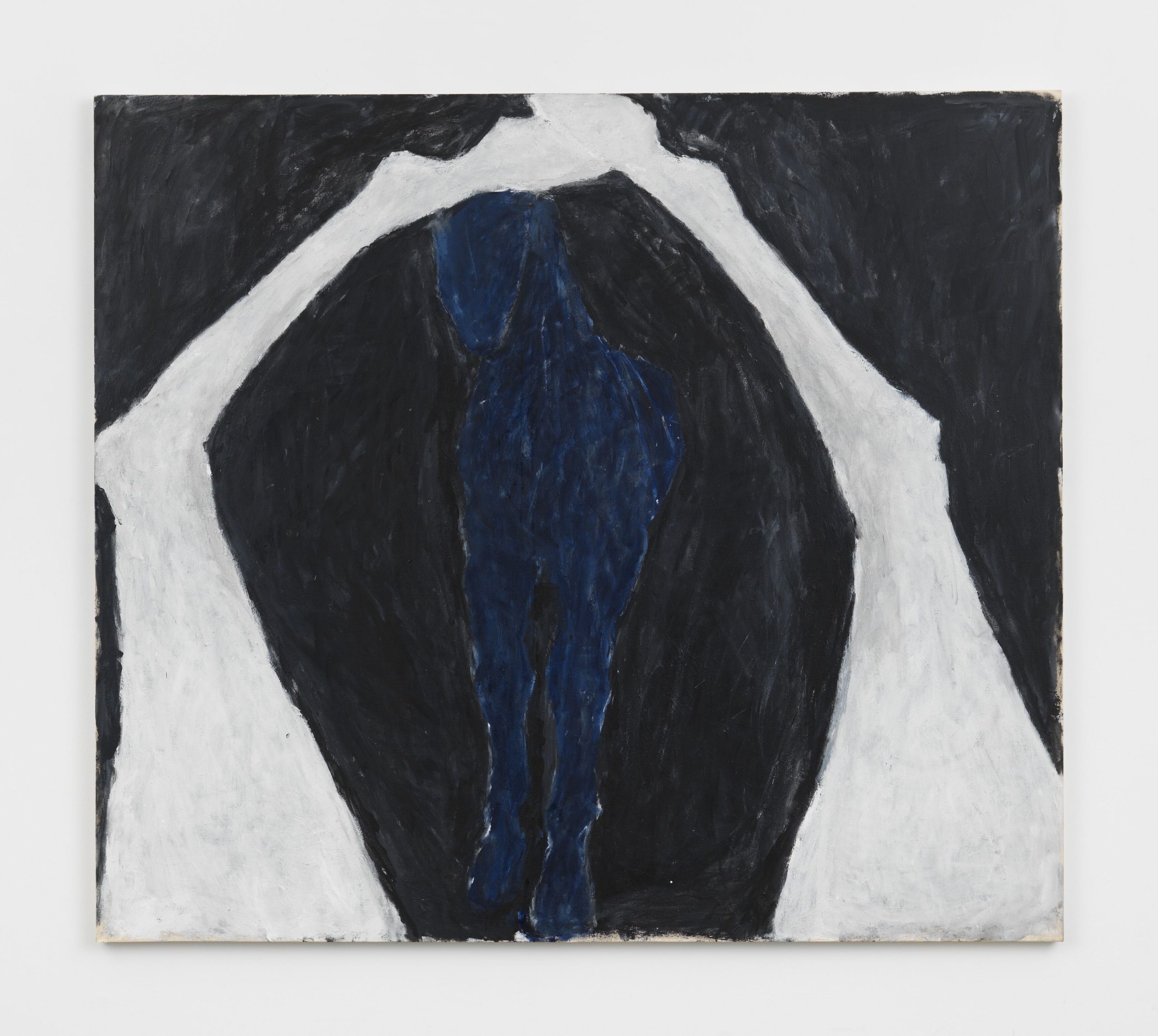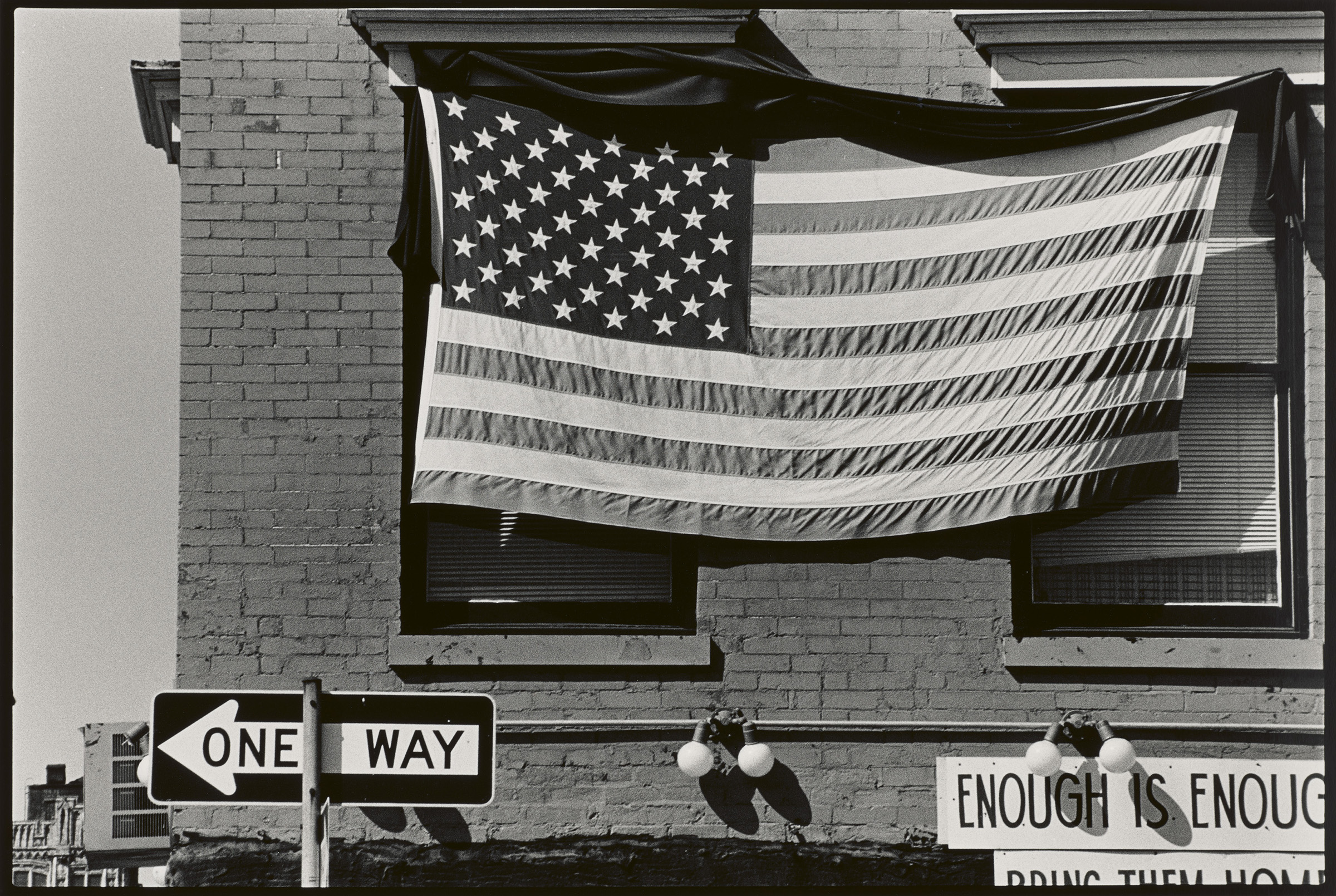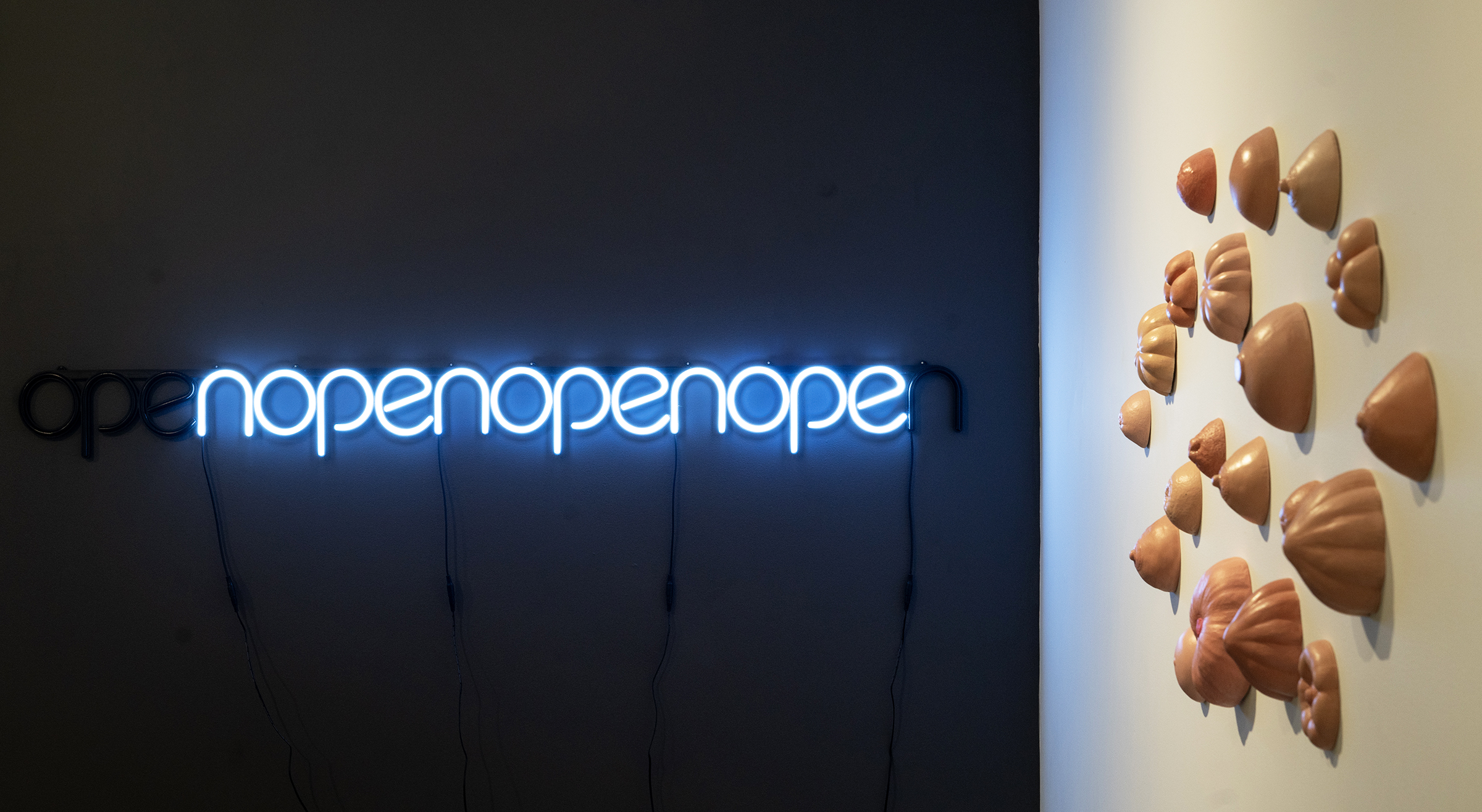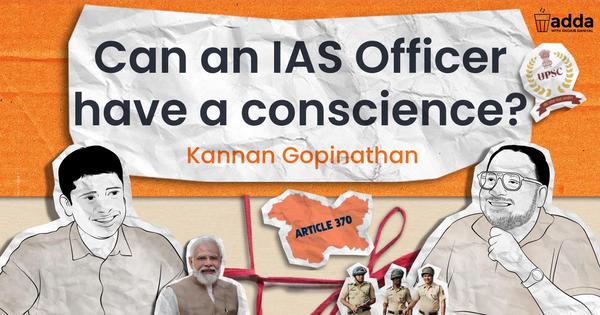Madras HC puts a lid on Thiruparankundram hill row: Upholds Murugan temple’s ownership, bans animal sacrifice, rejects Islamization claims
The Madras High Court has finally put an end to the long-running dispute over the Thiruparankundram Hill in Madurai, a site deeply sacred to Hindus as it houses the ancient Arulmighu Subramania Swamy Temple, one of the six abodes of Lord Murugan. In its latest judgment, the court has upheld the temple’s ownership of the entire hill, banned animal sacrifice, and prohibited using the name “Sikkandar Malai” for the hill. The ruling was delivered by Justice R. Vijayakumar on Friday, 10th October after a split verdict earlier this year by two judges, Justice J. Nisha Banu and Justice S. Srimathy. Acting as the third judge, Justice Vijayakumar settled the matter once and for all, ruling in favour of the Hindu petitioners, S. Paramasivam, M. Kannan @ Solai Kannan, and A.P. Ramalingam of the Hindu Makkal Katchi. The petitioners had approached the court demanding a complete ban on animal sacrifice and Muslim prayers on the hill, arguing that Thiruparankundram Hill is a sacred Hindu site where the practice of Kandoori (animal sacrifice) near the Sikkandar Badhusha Dargah defiled the religious purity of the temple and the surrounding area. Court’s key observations and verdict The court noted that the Archaeological Survey of India (ASI) had declared about 172 acres of the hillock as a protected monument through gazette notifications issued in 1908 and 1923. Under Rule 8 of the Ancient Monuments and Archaeological Sites and Remains Rules, 1959, bringing animals for any purpose or cooking and consuming food on the protected site is prohibited without permission from ASI. The bench ruled that even if animal sacrifice was claimed as a customary religious practice, it cannot be allowed unless a competent civil court formally recognizes it. Therefore, it prohibited all forms of animal sacrifice, cooking, and consumption of non-vegetarian food in the Nellithoppu area until further orders. The court also rejected the renaming of the hill as “Sikkandar Malai,” saying it was a “mischievous attempt to change its identity.” The court cited historical records that have always referred to the area as Thiruparankundram Hill. Referring to past legal precedents, Justice Vijayakumar mentioned a 1920 civil court decree and a 1931 Privy Council decision (AIR 1931 PC 212) that confirmed the temple’s ownership of the entire hill, except for a small 33-cent area at Nellithoppu, which belongs to the Dargah. The court further said, “If a person owns a house in the City of Madurai, he is at liberty to name the said house as per his wishes. However, he cannot either by himself or insist the others to call the entire City as per the name chosen by him.” Justice Vijayakumar said that since the title in favour of Mohammedans applied only to a tiny portion, it was wrong to claim ownership or naming rights over the whole hill. Limited permission for Muslim prayers While asserting the Hindu temple’s rights over the hill, the court also made sure to balance the rights of both communities. It allowed Muslims to offer prayers only in the 33-cent area at Nellithoppu and that too only during Ramzan and Bakrid. The court also said that the temple pathway and steps must not be defiled, blocked, or disturbed in any way. The judge clearly stated that no new religious practice can be introduced unless it is recognized by a civil court. This ruling, therefore, upholds Hindu sentiments and simultaneously puts a legal stop to unrecognized practices such as animal sacrifice. With this, the High Court has confirmed the temple’s ownership, banned animal sacrifice, and recognized limited prayer rights for Muslims during specific festivals, putting a lid on a conflict that had been simmering for years. How the dispute began The Thiruparankundram issue has been at the centre of communal tension in Madurai for the past few years. Hindus believe that the entire hill is sacred, not just because it houses the Subramania Swamy Temple, but also because of the ancient Jain caves and centuries-old traditions tied to Lord Murugan worship. However, the conflict escalated after Muslim groups began claiming parts of the hill as belonging to the Sikkandar Badhusha Dargah, referring to it as “Sikkandar Malai.” The Hindu community saw this as an attempt to Islamize a sacred Hindu space. Hindu voices roaring in TamilNadu!Against the Izzlamics attempted take over & their anti Hindu Dravidian support.#Thiruparankundram the sacred Kandhar Malai,belongs to our Lord Murugan & Hindus alone.@hindumunnani_tn is going all out to protect our faith … pic.twitter.com/0xpkianGje— Sangitha Varier (@VarierSangitha) February 4, 2025 On 4th February 2025, thousands of Hindus gathered at Palakkanatham in Madurai to protest against these claims. The protest, organized by the Hindu Front and supported by over 50 Hindu organizations, including the BJP, RSS, Hindu Munnani, and VHP, drew a massive crowd of devotees who raised slogans hailing Lord Mur
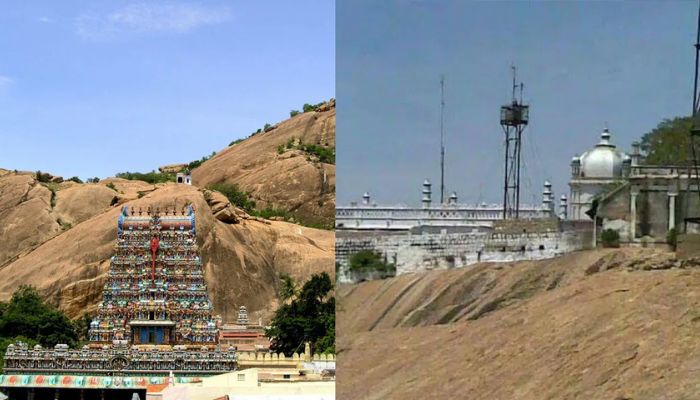


The Madras High Court has finally put an end to the long-running dispute over the Thiruparankundram Hill in Madurai, a site deeply sacred to Hindus as it houses the ancient Arulmighu Subramania Swamy Temple, one of the six abodes of Lord Murugan. In its latest judgment, the court has upheld the temple’s ownership of the entire hill, banned animal sacrifice, and prohibited using the name “Sikkandar Malai” for the hill.
The ruling was delivered by Justice R. Vijayakumar on Friday, 10th October after a split verdict earlier this year by two judges, Justice J. Nisha Banu and Justice S. Srimathy. Acting as the third judge, Justice Vijayakumar settled the matter once and for all, ruling in favour of the Hindu petitioners, S. Paramasivam, M. Kannan @ Solai Kannan, and A.P. Ramalingam of the Hindu Makkal Katchi.
The petitioners had approached the court demanding a complete ban on animal sacrifice and Muslim prayers on the hill, arguing that Thiruparankundram Hill is a sacred Hindu site where the practice of Kandoori (animal sacrifice) near the Sikkandar Badhusha Dargah defiled the religious purity of the temple and the surrounding area.
Court’s key observations and verdict
The court noted that the Archaeological Survey of India (ASI) had declared about 172 acres of the hillock as a protected monument through gazette notifications issued in 1908 and 1923. Under Rule 8 of the Ancient Monuments and Archaeological Sites and Remains Rules, 1959, bringing animals for any purpose or cooking and consuming food on the protected site is prohibited without permission from ASI.
The bench ruled that even if animal sacrifice was claimed as a customary religious practice, it cannot be allowed unless a competent civil court formally recognizes it. Therefore, it prohibited all forms of animal sacrifice, cooking, and consumption of non-vegetarian food in the Nellithoppu area until further orders.
The court also rejected the renaming of the hill as “Sikkandar Malai,” saying it was a “mischievous attempt to change its identity.” The court cited historical records that have always referred to the area as Thiruparankundram Hill.
Referring to past legal precedents, Justice Vijayakumar mentioned a 1920 civil court decree and a 1931 Privy Council decision (AIR 1931 PC 212) that confirmed the temple’s ownership of the entire hill, except for a small 33-cent area at Nellithoppu, which belongs to the Dargah.
The court further said, “If a person owns a house in the City of Madurai, he is at liberty to name the said house as per his wishes. However, he cannot either by himself or insist the others to call the entire City as per the name chosen by him.”
Justice Vijayakumar said that since the title in favour of Mohammedans applied only to a tiny portion, it was wrong to claim ownership or naming rights over the whole hill.
Limited permission for Muslim prayers
While asserting the Hindu temple’s rights over the hill, the court also made sure to balance the rights of both communities. It allowed Muslims to offer prayers only in the 33-cent area at Nellithoppu and that too only during Ramzan and Bakrid. The court also said that the temple pathway and steps must not be defiled, blocked, or disturbed in any way.
The judge clearly stated that no new religious practice can be introduced unless it is recognized by a civil court. This ruling, therefore, upholds Hindu sentiments and simultaneously puts a legal stop to unrecognized practices such as animal sacrifice.
With this, the High Court has confirmed the temple’s ownership, banned animal sacrifice, and recognized limited prayer rights for Muslims during specific festivals, putting a lid on a conflict that had been simmering for years.
How the dispute began
The Thiruparankundram issue has been at the centre of communal tension in Madurai for the past few years. Hindus believe that the entire hill is sacred, not just because it houses the Subramania Swamy Temple, but also because of the ancient Jain caves and centuries-old traditions tied to Lord Murugan worship.
However, the conflict escalated after Muslim groups began claiming parts of the hill as belonging to the Sikkandar Badhusha Dargah, referring to it as “Sikkandar Malai.” The Hindu community saw this as an attempt to Islamize a sacred Hindu space.





